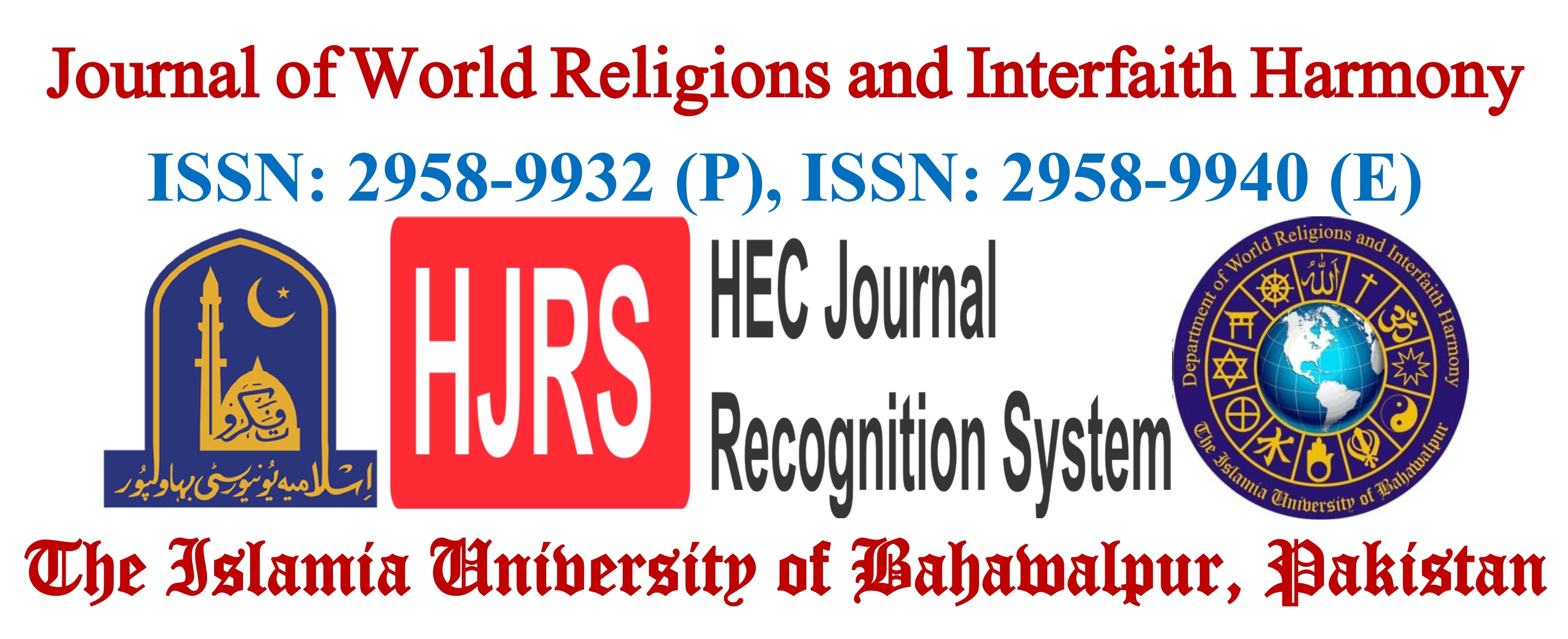The Introduction of Halal Sustenance, Sources, Obstacles and their Remedy
DOI:
https://doi.org/10.52461/jwrih.v3i1.2912Abstract
Islam is a comprehensive and complete code of life. Islam presents praiseworthy and manifest instructions for all walks of life. By following these instructions human beings can make their lives better; in this world and hereafter too. Among these Islamic teachings, acquisition of lawful sustenance is extremely valuable. Use of legitimate sustenance is highly essential and it is an important condition for the acceptance of all types of worships. Therefore, according to Islamic Shariya, it has been ordained to eat and use only allowed and purified edible things and to avoid completely using and eating forbidden, unlawful and unhygienic things. All the Prophets and Messengers have also been enjoined to eat and use things which are purified and allowed in Islamic Shariya. Lawful sustenance creates positive effects on human beings’ mood and health while illegally gotten sustenance create negative effects and there will be no spiritual development. Moreover, every person who had violated the divine injunctions in this regard; he or she will have to face its bitter consequences; in this world and hereafter too. What is meant by lawful sustenance? How can any person cognize and recognize lawful sustenance? Which are its various forms? Which are illegitimate and unethical sources of income? Which are the hindrances in the way of earning legal money and what could be its dispensation? In the light of teachings of the Holy Quran and Sunnah, all these issues have been discussed in this article.
Downloads
Published
How to Cite
Issue
Section
License
Copyright (c) 2024 Dr. Ghazi Abdul Rehman Qasmi, Prof. Dr. Abdul Qadir Buzdar

This work is licensed under a Creative Commons Attribution-NonCommercial 4.0 International License.






